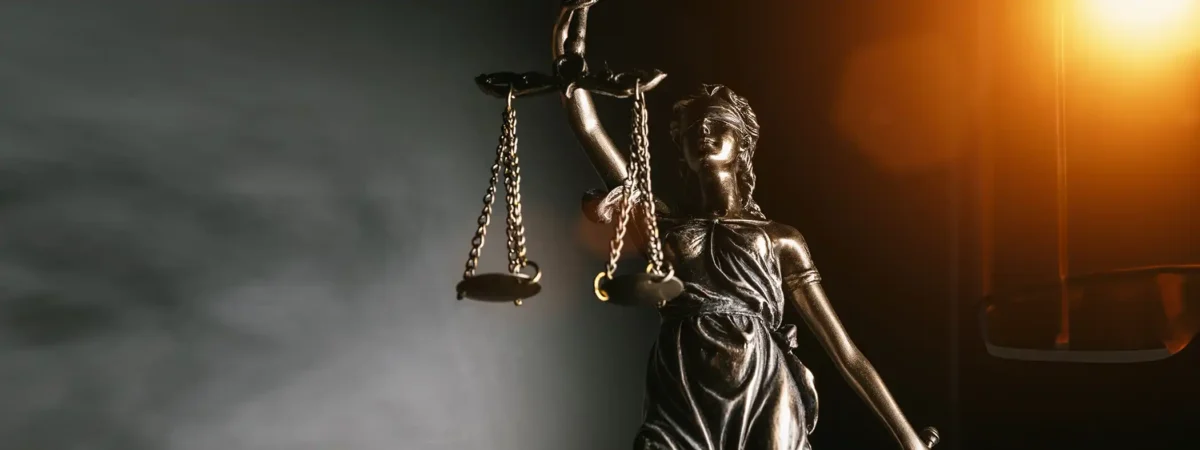
Requesting a Split to Re-Test Your DUI Blood Sample
Ohio is not like most states in that they have additional rules for chemical testing. Chemical testing would include breath, blood, and urine testing. In Ohio, you can refuse the test and/or opt to pay for one of your own. There are license consequences for refusals, however, such as administrative license suspension for one year. And, there are certain circumstances where you cannot refuse chemical testing. The Ohio Department of Public Safety Handbook explains all this well, OVI Interdiction Handbook.
When results of blood-alcohol tests are challenged, the state must show substantial compliance with RC 4511.19(D)(1) and OAC 3701-53. If the state fails to do so, then the results are inadmissible. Results would be challenged when there is reason to believe that something is wrong with the results, this could be for a variety of reasons.
Why Would You Ask for Retesting Of A Blood Sample In Ohio DUI?
 The key issue in any OVI case is the integrity of the blood test sample. A person who is arrested for an alleged OVI, will either have a breath test or a blood test and the police typically do not give you a choice. Retention of the sample almost never happens, but an individual can go and get his or her own blood test.
The key issue in any OVI case is the integrity of the blood test sample. A person who is arrested for an alleged OVI, will either have a breath test or a blood test and the police typically do not give you a choice. Retention of the sample almost never happens, but an individual can go and get his or her own blood test.
It is completely possible for the police department’s lab to have messed up or made a mistake. Sometimes the blood samples will clot, ferment, or be unreliable due to bacterial growth on the sample. The sample could have also been contaminated or even switched. Additionally, the sample could have been stored improperly. A subsequent test in a proper setting may reveal more accurate results. Because of that, the defense will often as the judge for a “blood spit order.” This allows the stored sample to be sent off to an independent laboratory. The laboratory will test the blood. They will also look over and review everything to determine if the proper procedures for testing were strictly followed.
If a person has his or her blood sample retested it can help them substantially. If the results from the independent laboratory revel different results than that of the original test then it is quite possible that the defense may get the results thrown out. If there are inaccurate tests then the prosecutor usually has no case.
How is a Split Blood Test Requested?
Every defendant has the right to have their blood split and retested at an individual lab of his or her choosing. Your attorney will do one of the things to get the blood split 1) they may ask the prosecutor for the sample to be split, or 2) they may file a motion with the judge requesting the split of the blood so that you may have it retested at a lab of your choosing. It is very likely the prosecutor will allow this. If it is requested through a motion then the judge will grant this, unless there is an extraordinary reason not to. You, the defendant, will have to cover the cost of retesting the blood.
What Happens if the State Does Not Produce the Blood?
When the judge grants the motion for retesting then the state must comply. More than likely they will do so. If the state fails to do so, regardless of their reason, then this substantially helps your defense. The judge may even dismiss the case or exclude the blood level evidence.
Is There a Chance the Retest Could Hurt my Case?
Absolutely not. There are cases where the retesting results and the original results are the same. There are even cases where the BAC comes back higher in the retesting. The good news is you are not required to present that evidence. It is yours. Unless you choose to enter it, it will remain private. As long as it remains private then there is zero chance it could hurt your case.

ATTORNEY KELLY FARRISH
Kelly Farrish always knew he wanted to be an attorney, but he the path he took to get there isn’t like most. He served five years in the United States Air Force and did two voluntary years in South Vietnam. When he returned to Cincinnati, he worked the midnight shift as a technician at Cincinnati Bell, all the while attending college full time year round for three years. He graduated Cum Laude from the University of Cincinnati. [ ATTORNEY BIO ]








